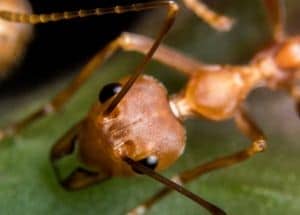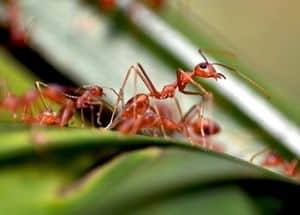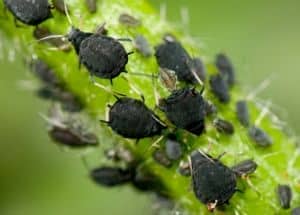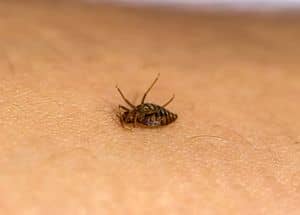Fire Ant Life Cycle: Eliminate Stingers at Once
Fire ants are a species of ants that are known for their aggressive behavior and painful sting. They are small, red ants and usually live in colonies. These insects are very aggressive and sting anything that they perceive to be a threat. The sting of a fire ant is extremely painful and can cause severe … Read more




